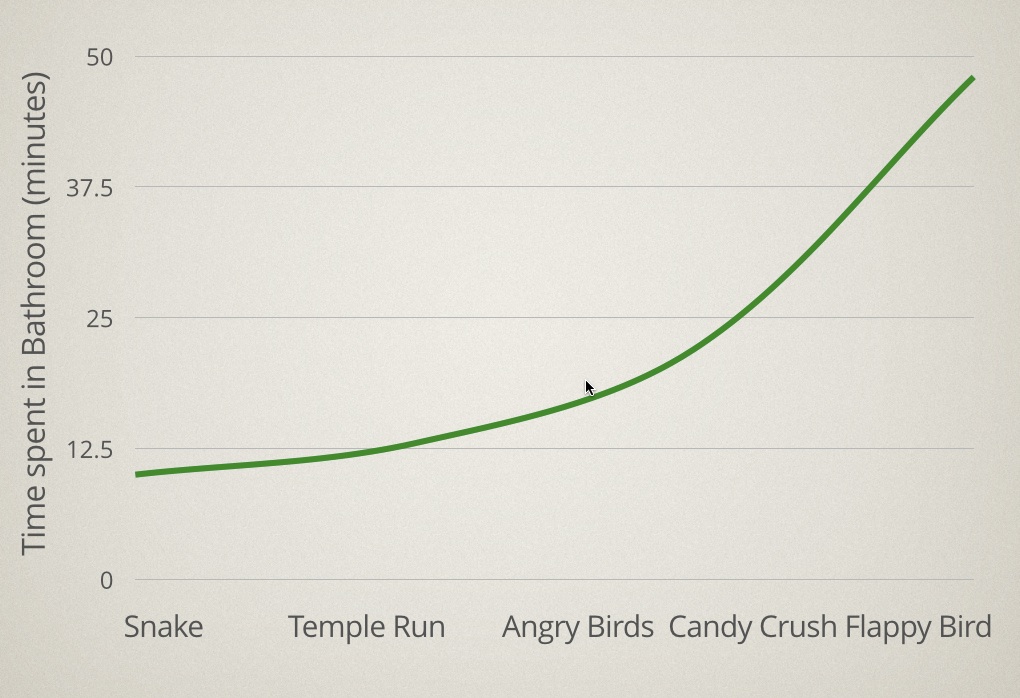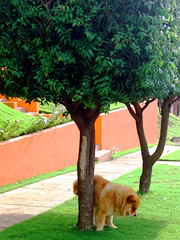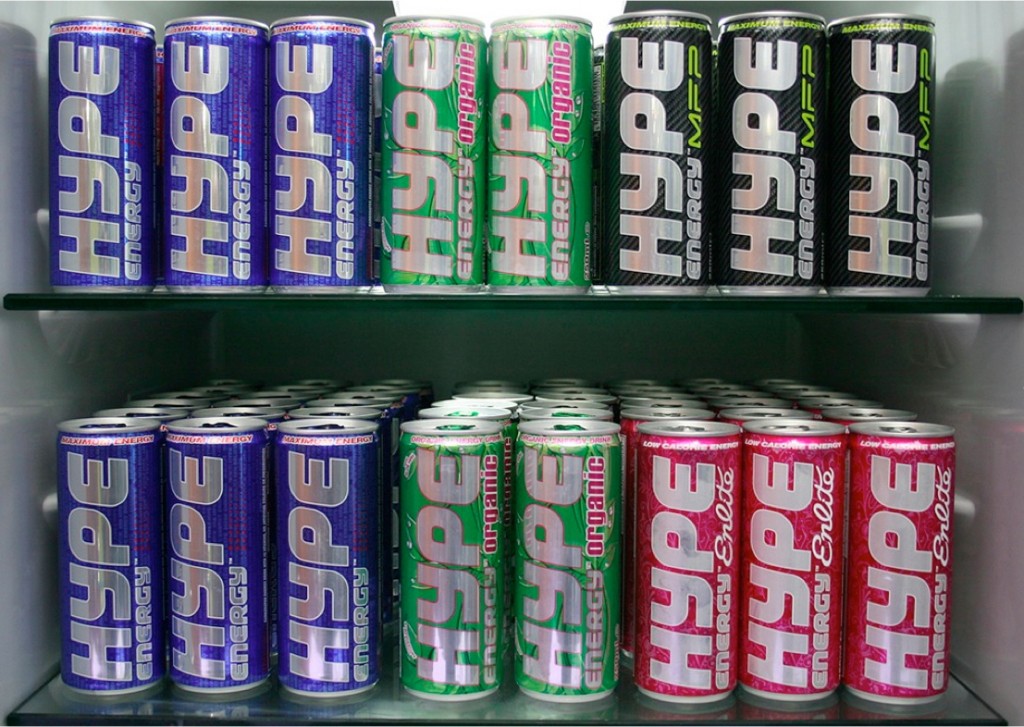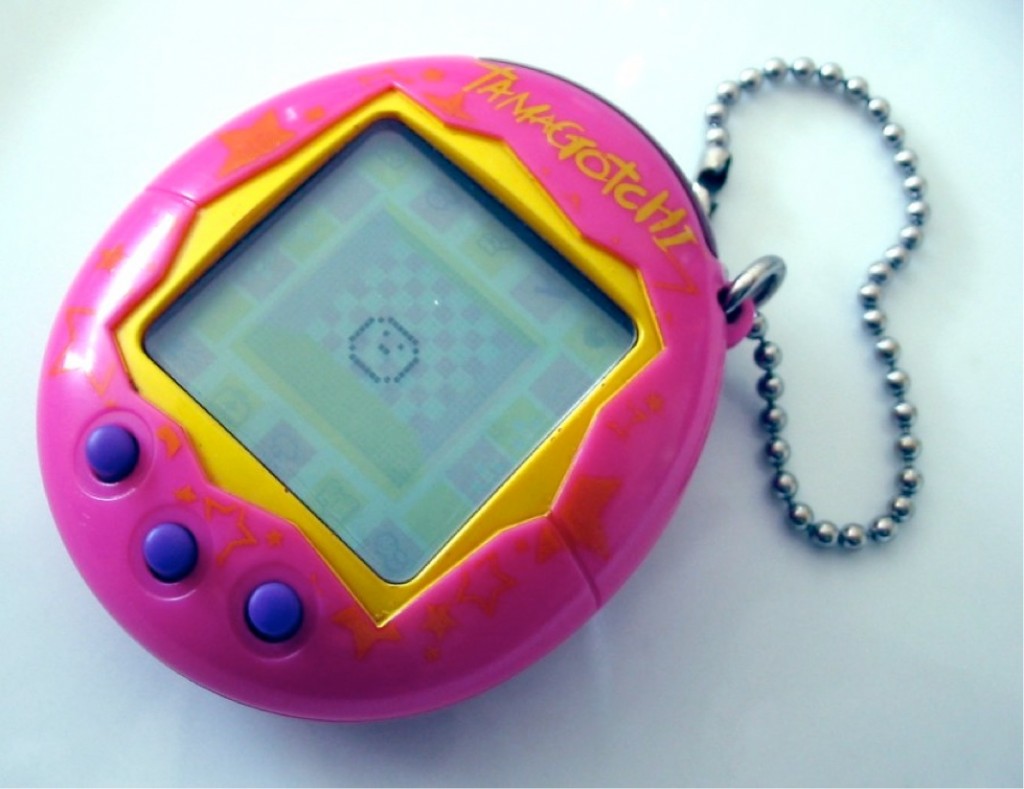TEDx Thessaloniki – The web is dead?
Saturday, May 10th, 2014 at 9:08 amOMG OMG OMG I am speaking at TEDx! Sorry, just had to get this out of the way…
I am currently in the sunny Thessaloniki in Greece at TEDx and waiting for things to kick off. My own talk is in the afternoon and I wanted to share my notes and slides here for those who can’t wait for the video.
The, slightly cryptic overall theme of the event is “every end is a beginning” and thus I chose to talk about the perceived end of the web at the hand of native apps and how apps are already collapsing in on themselves. Here are the slides and notes which – as usual – might end up just being a reminder for myself what I want to cover.
Hello, I am here today to tell you that the web is dead. Which is unfortunate, as I am a web developer. I remember when the web was the cool new revolution and people flocked to it. It was the future. What killed it?The main factor in the death of the web is the form factor of the smart phone. This is how people consume the web right now. And as typing web addresses in it isn’t fun, people wanted something different.
We got rather desperate in our attempt to make things easier. QR codes were the cool thing to do. Instead of typing in an address in a minute it is much easier to scan them with your phone – and most of the time the camera does focus correctly in a few minutes and only drains 30% of your battery.
This is when the app revolution kicked in. Instead of going to web sites, you can have one app each for all your needs. Apps are great. They perform well, they are beautiful, they are easy to find and easy to install and use.
Apps are also focused. They do one thing and one thing well, and you really use them. You don’t have a browser open with several windows. You keep your attention to the one thing you wanted to do.
So, in order to keep my job, I came up with an idea for an app myself.In my research, I found that apps are primarily used in moments of leisure. Downtime, so to say.
This goes so far that one could say that most apps are actually used in moments historically used for reflection and silence. Like being in the bathroom. My research showed that there is a direct correlation between apps released and time spent in facilities.
And this is where my app idea comes in. Instead of just using a random app in these moments, use WhatsOut!
WhatsOut is a location based checkin app much like Foursquare but focused at public facilities. You can check-in, become the mayor, leave reviews, win badges like “3 stall buddies” when checking in with friends.
The app is based on principles of other markets, like the canine one where it’s been very successful for years. There are many opportunities to enhance the app. You can link photos of food on Instagram with the checkin (as an immediate result), and with enough funding and image recognition it could even become a health app.
Seriously though: this is my problem with apps. Whilst technically superior on a mobile device they are not an innovation.
The reason is their economic model: everything is a numbers game. For app markets to succeed, they need millions of apps. For apps to succeed, they need thousands of users. What the app does is not important – how many eyeballs it gets is.
This is why every app needs to lock you in. It needs for you to stay and do things. Add content, buy upgrades, connect to friends and follow people.
In essence, for apps to succeed they have to be super annoying Tamagotchi. They want you to care for them all the time and be there only for them. And we all know what happened to Tamagotchi – people were super excited about them and now they all collect dust.
The web was software evolved – you get your content and functionality on demand and independent of hardware. Apps, as they are now, are a step back in that regard. We’re back to waiting for software to be delivered to us as a packaged format dependent on hardware.
That’s why the web is far from dead. It is not a consumable product. Its very nature is distributed. And you can’t shut down or replace that. Software should enrich and empower our lives, our lives should not be the content that makes software successful.





